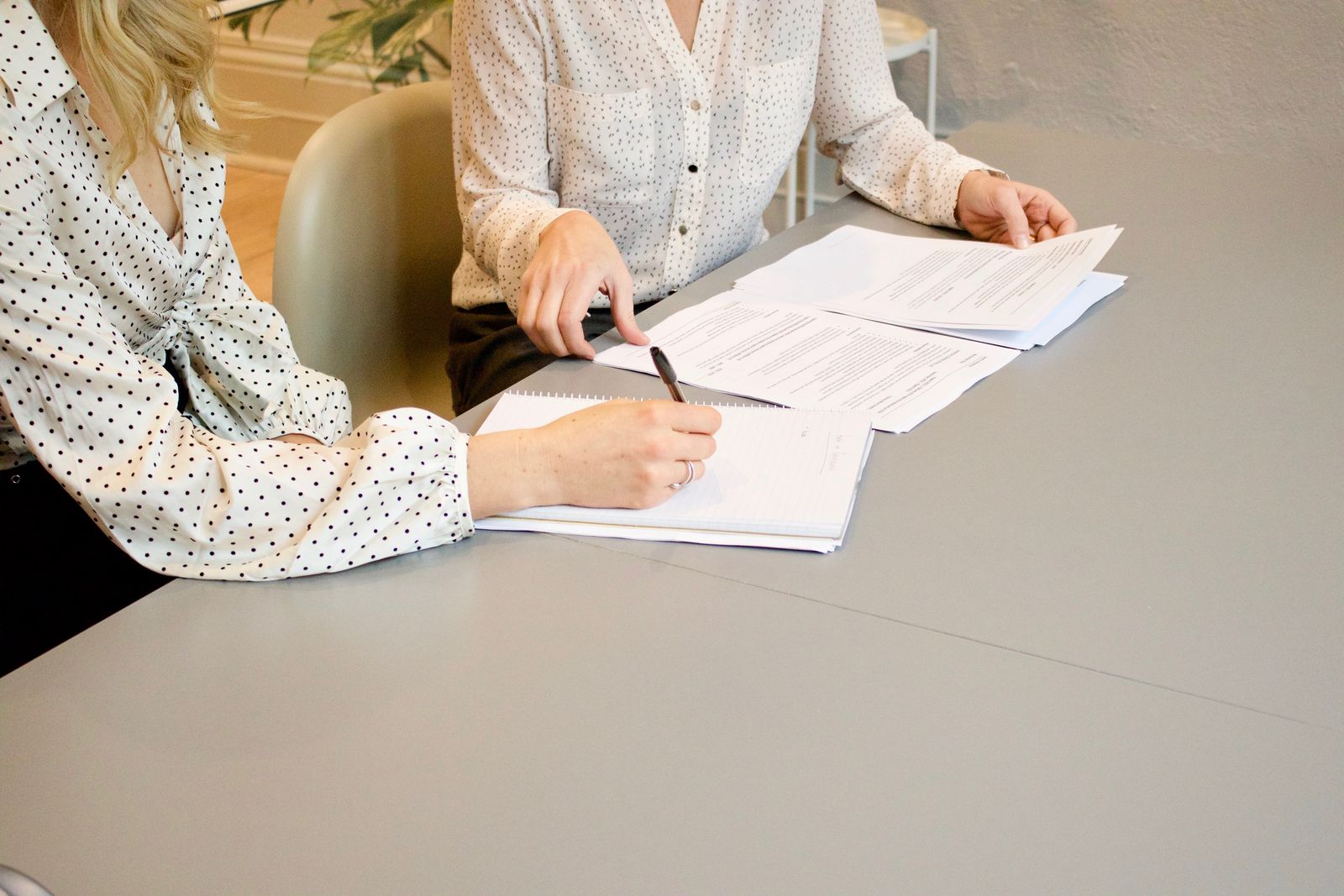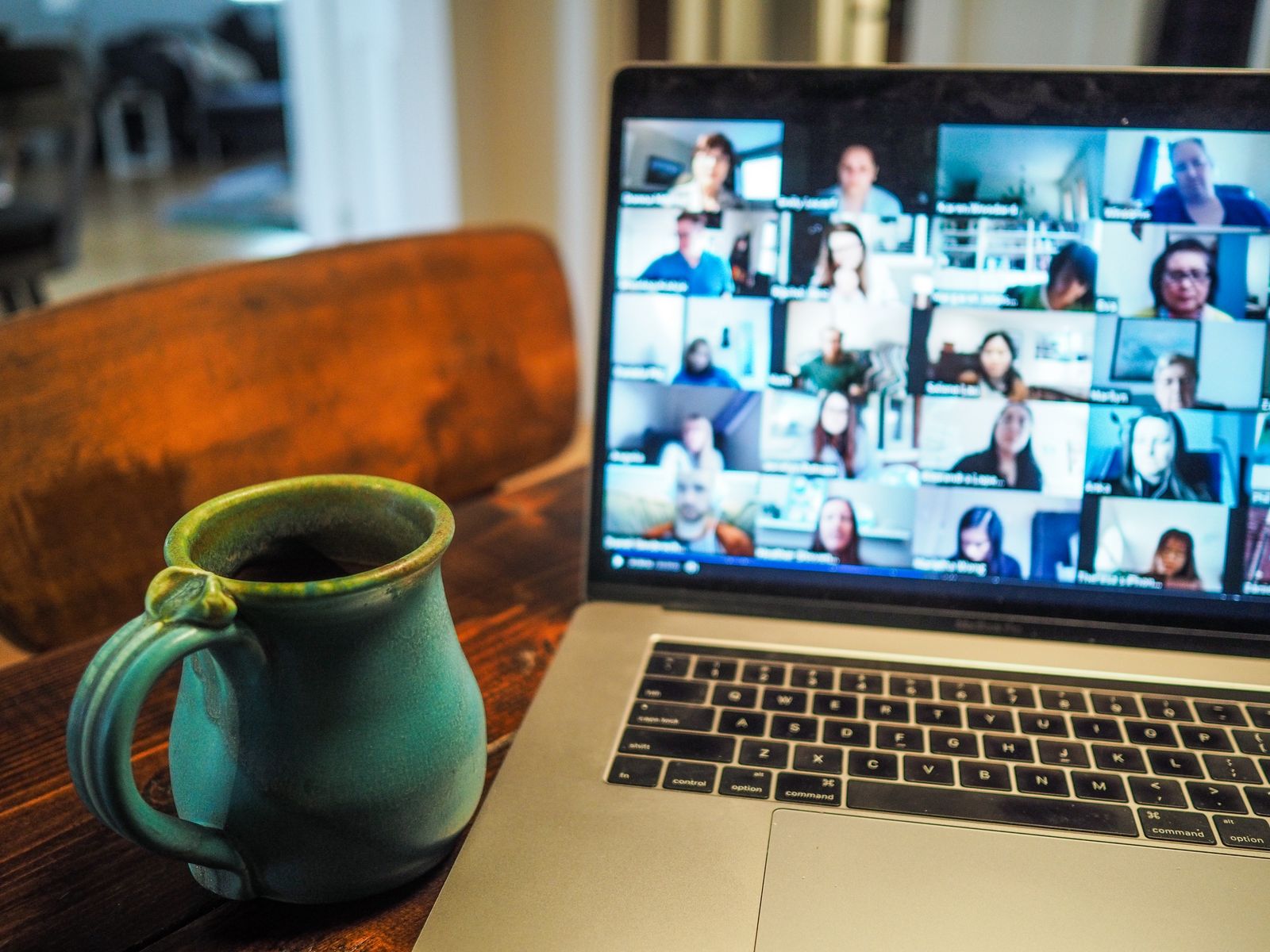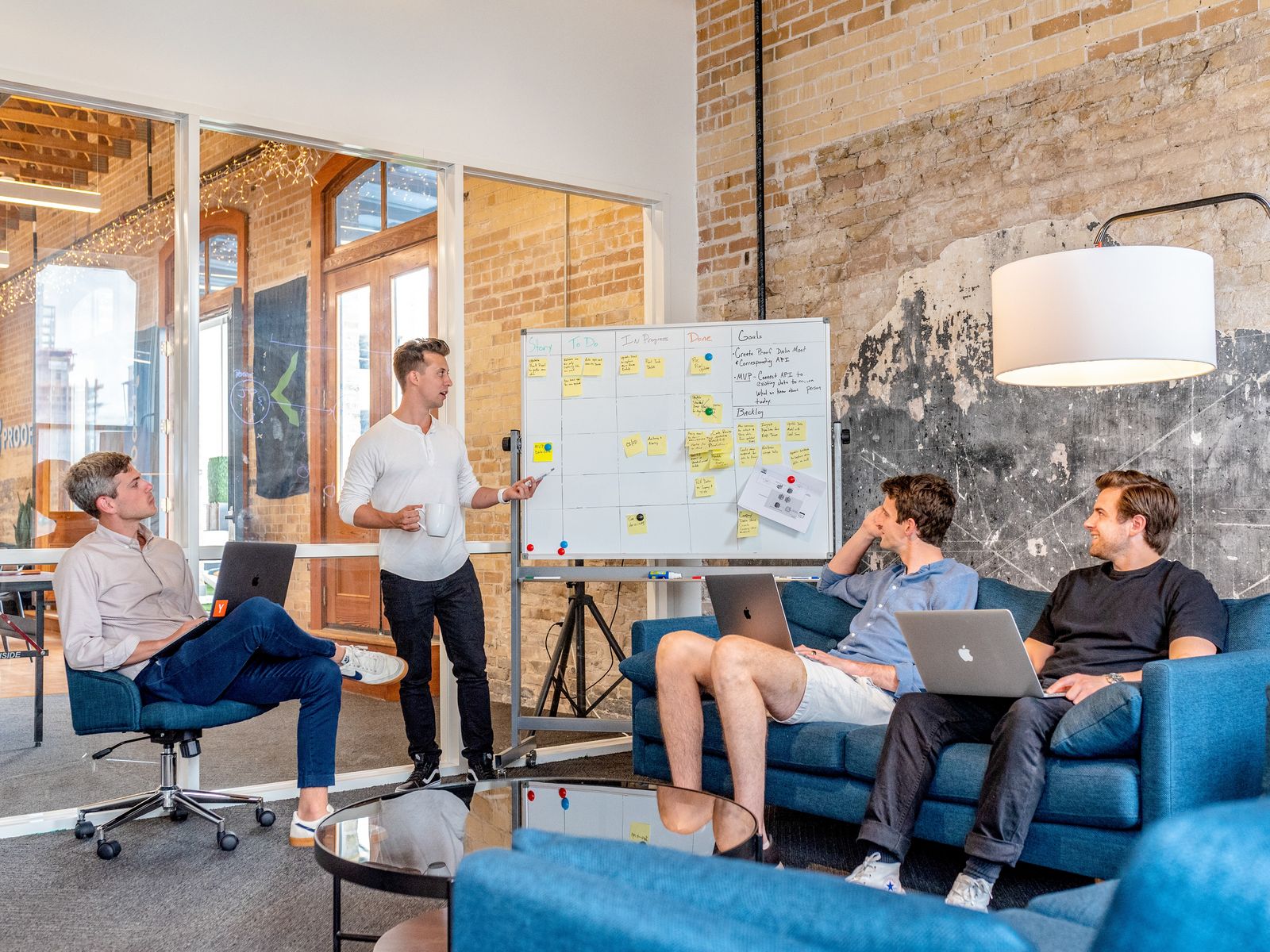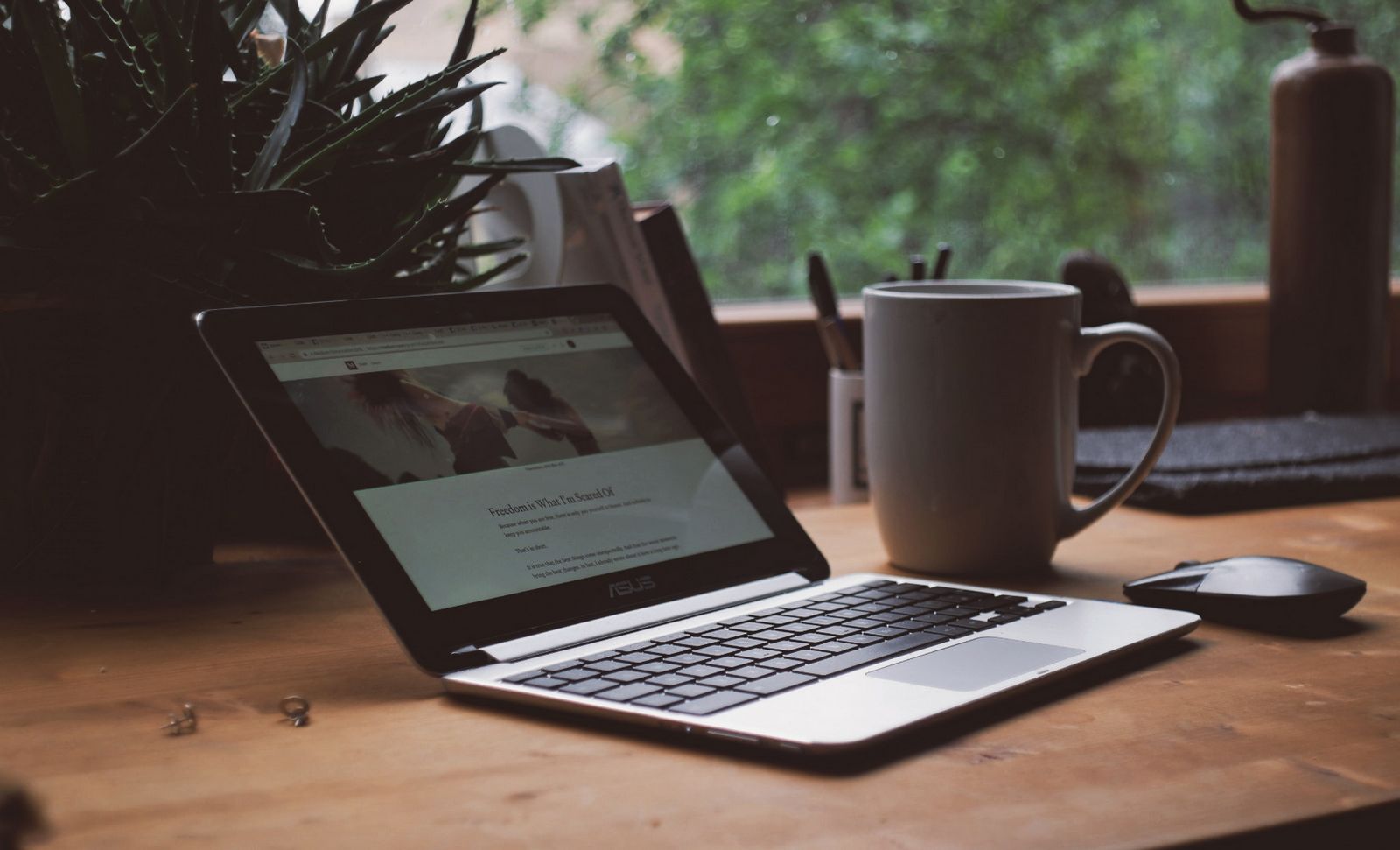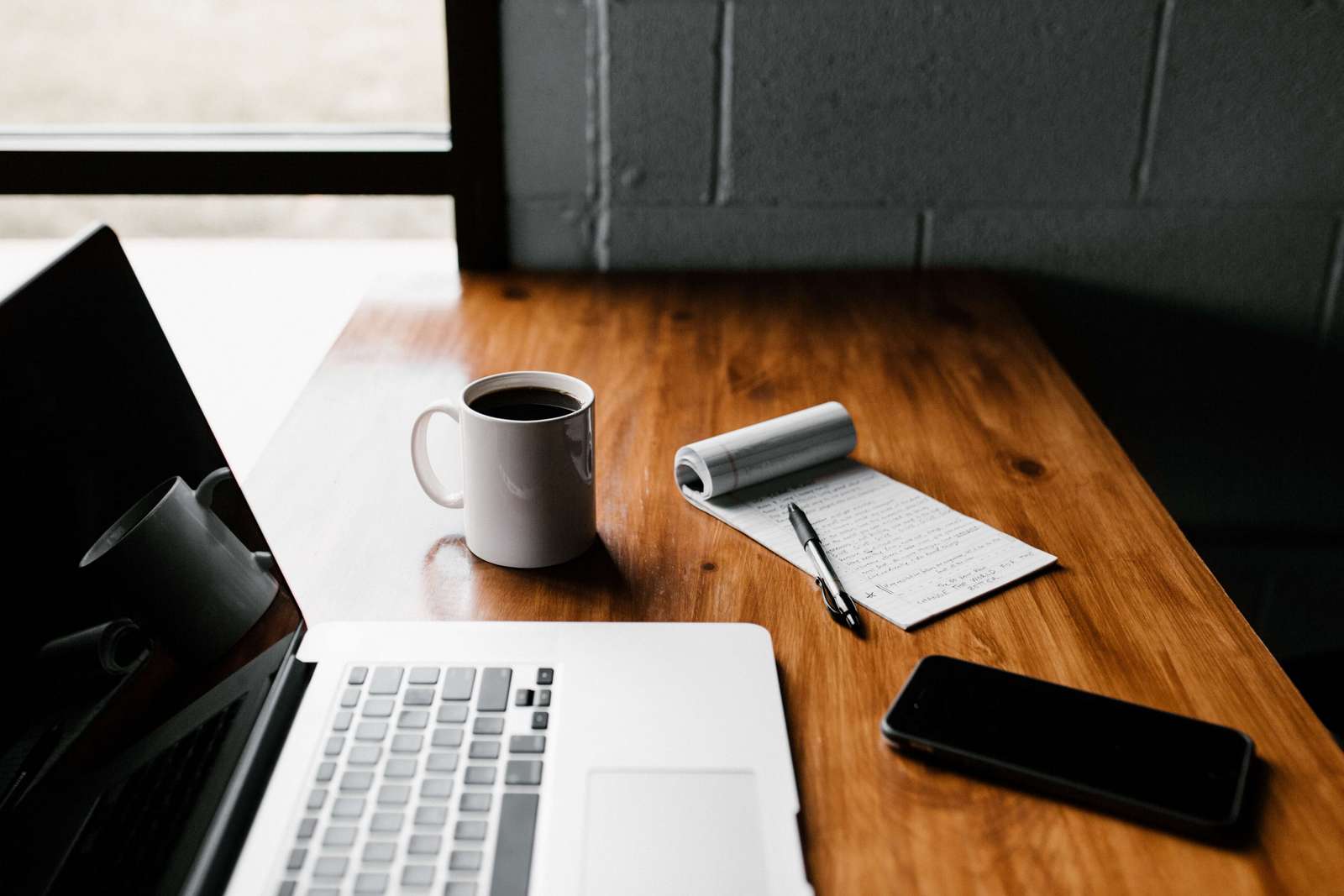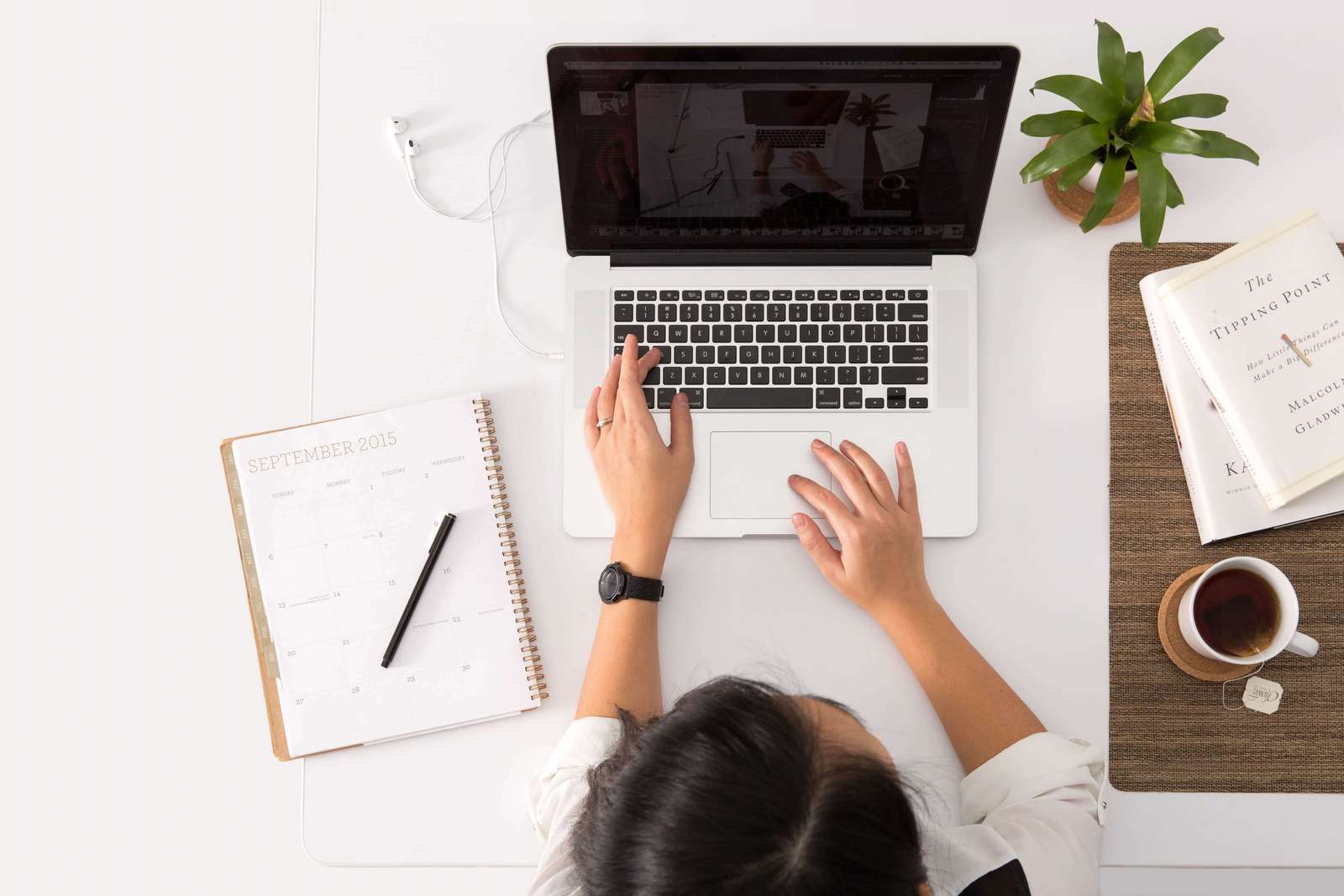Mock interviews are a good way to improve your interviewing skills so you can feel confident during actual interviews with employers. Mock interview practice can help you get more comfortable with the process and increase your confidence. You can do this by organising mock interview practice right before your actual interview. In this post, we’ll look at what a mock interview is, what it’s for, and how to prepare for one.
What is a mock interview?
A mock interview is a simulated job interview in which a job seeker can simulate the actual experience. The candidate will be able to practice providing various responses to possible questions throughout the mock interview, giving them the opportunity to discover the greatest fit for their job position.
This is especially useful since there are certain things a candidate should never say in an interview, and practising tough questions may help reduce the danger. The applicant may also get experience in a professional interview environment, whether it’s online, in person, or over the phone.
You have a lot of choices when it comes to who will play the interviewer in your mock interview practice. While a professional like a student or a career services counsellor is the ideal choice because of their experience and understanding of career development, the mock interview practice may be conducted by anyone you know who is willing to help you in this manner.
You just want to make sure that whomever you select can provide you feedback on both your strengths and shortcomings which you could take into the condition and improve on and be ready for your actual interview day.
Let’s take a look at the benefits of giving importance to mock interviews practice during your interview preparation process.
Benefits of a mock interview practice:
- Gives the applicant a sense of what to anticipate during a genuine job interview.
- It aids in the improvement of one’s self-presentation.
- Provides useful feedback to the applicant and helps to build confidence for a genuine interview.
- Provides the applicant with the necessary interview abilities.
- Assists in reducing interview stress and anxiety.
- Assists with behavioural-based interviews.
- Mock interview practice will offer you constructive feedback in a low-stress atmosphere.
The above-mentioned reasons are only a few of the benefits which can be considered during your mock interview practice.
Steps involved for a mock interview practice:
- Choose the right interviewer
- Dress professionally
- Mimic the real interview setting
- Research the company
- Have your CV and other documents handy
- Take your time to answer
- Record the interview
- Review the recording
- Analyse and make changes
- Choose the right interviewer:
It is preferable if the person conducting the mock interview practice is from your industry since this will allow them to ask you probing and career-specific questions without having to do extensive research. They’ll be able to offer you an accurate evaluation of your interview performance and tell you whether or not you’ll be considered for the job. You may seek assistance from an experienced and senior professional, or you can look into online and offline employment sites to see whether they provide mock interviews. You may also enlist the assistance of relatives and friends for your mock interview practice. Your interviewer should theoretically be able to ask you as many questions as possible about your sector and then give you detailed feedback on your answers. Check with your local career center to enroll in a mock interview session, and you can also select a particular mentor to ask you questions during the mock interview practice.
- Dress professionally
If you dress properly for the occasion, you may create a good first impression on the interviewer. You should dress comfortably in order to feel at ease throughout the interview. This is true for both in-person and video interviews. Dressing up for a phone interview may also help you to feel more professional. Your interviewer may offer you comments on how professional your clothing is, how you look, and whether you need to make any adjustments after the mock interview. You should dress for your mock interview practice as though you are sitting for a genuine interview, even if it is a video interview. As part of the process, your mock interview practice analyses how you dress, so you may receive input on how you should present yourself.
- Mimic the real interview setting
You’ll get the most out of a mock interview practice if it’s as similar to the real event as possible, whether it’s in person, over the phone, or through video. The goal is to feel at ease in the interview environment so that you are not anxious or self-conscious and can focus entirely on having a professional discussion with the interviewer.
You and the interviewer would be facing each other across a desk or table during a real in-person interview or face each other through a screen if it is an online or virtual interview. Your CV would be on the table in front of you. To speak with the interviewer, you may either lean back in your chair or lean forward. So, during the mock interview practice, attempt to replicate that situation and ask the interviewer to assess your body language. Determine if you come across as uncomfortable or at ease, and what you can do to seem more confident without appearing to be trying.
Make sure you have a good phone connection and a fully charged mobile for a phone interview. You should also be in a location with little to no external distractions. Because phone interviews are scheduled at certain times, you should be prepared to pick up the phone when it rings. Speak clearly and authoritatively. When you greet the interviewer, smile. Even if they can’t see you, it will improve the tone of your voice.
- Research the company
Make sure you review the company’s website, social media postings, and any news-related items that may be accessible before going to the interview. Make an effort to learn about their mission statement and any recent changes that have occurred. Incorporating your business study into your mock interview will demonstrate to the hiring manager that you are really interested in the position.
‘What do you know about our company?’ is one of the most often asked questions during job interviews. It will assist if you are well-prepared and have a meaningful response. You should carefully research both the business and the job for which you are interviewing. Take a look at the company’s website, mission statement, and blog. Examine their social media postings and any company-related news stories.
Spend some time thinking about how the company’s ideals align with yours and what you believe you can contribute to the job. Prepare a few talking points and practice delivering them with confidence. You need to persuade the interviewer that you have what it takes to succeed in the role.
The interviewers will expect you to bring your CV, a work portfolio, and any other necessary papers to a genuine interview. Make it a point to do the same in your mock interview practice. Bring anything you believe you’ll need to provide the interviewer with information about yourself and your skills.
When you go to a genuine interview, the mock interviewer will tell you whether you came well-prepared or if you need to bring additional documents. Take all of your required papers, résumé, and portfolio that the interviewer may need, just like you would in a genuine interview. Your mock interviewer will also give you comments on the papers so that you may make any required changes to what you’ll bring to your real interview.
- Take your time to answer
A mock interview practice is the greatest way for you to attentively listen to the questions and prepare thoughtful answers that correspond to your eligibility and abilities.
The most effective way to do this is by using the STAR method which is Situation, Task, Action, and Result.
Situation: Describe what was going on in the background while you were conversing.
Task: Explain what part you played in the scenario.
Action: Describe your activities in great detail.
Result: Finally, describe the outcomes of your activities.
Take the time to rehearse all of your answers to the interview questions so that you can impress the interviewer.
- Record the interview
While the mock interviewer’s comments on your interview questions may be helpful, recording the mock interview practice and evaluating your performance yourself can also be beneficial. When watching the tape, try to be as impartial as possible. Keep a notebook handy to jot down ideas. Take note of your posture, whether it’s upright or slouched, whether you’re making too many hand movements, your facial expressions, and if you seem calm or agitated. If you record the interview, you’ll be able to go back and see where you went wrong.
- Review the recording
While reviewing your recorded mock interview practice, pay attention to your facial expressions, hand movements, and posture. Pay attention to your voice’s tone and pace, since they reveal a lot about you. Practising in the areas where you believe you need to improve is a good idea. It’s also a good idea to pay attention to how you sound. Consider your tone, if you’re speaking too quickly, whether you’re paying attention and not interrupting the interviewer, and whether you seem enthusiastic or overeager.
Make a list of the areas where you need to improve once you’ve listened to the audio. Rep the mock interviews until you can cover your flaws fairly well. It may take some time, but it will boost your self-esteem and therefore be well worth the effort.
- Make changes accordingly
Once you’ve reviewed the mock interview practice recording and analysed which areas you ended up working on, you should start implementing and making changes right away. For example, if your body posture was slouchy, you need to start practising sitting straight up, so that you’re ready and your posture is set right for your actual interview day.
MOCK INTERVIEW QUESTIONS EXAMPLES
Your mock interview questions may vary depending on your objectives. If you’re conducting a practice interview to improve your overall experience, for example, the interviewer will most likely stick to basic interview questions. Here are a few examples:
- Tell us a little bit about yourself
This question does not imply that the interviewer is interested in learning about your whole life. This is the ideal time for you to describe your educational history, talents, and whether or not they are appropriate for the position that you are looking for.
- What are your strengths and weaknesses?
Check to see whether your skills match the required requirements listed in the job description. When it comes to weakness, avoid the clichéd “my weakness is really a strength” or “perfectionism” responses. Instead, mention a real flaw that you’re actively working to overcome, along with the measures you’re doing to do so.
- Why do you wish to work for our company?
This is when your research and understanding of the business come into play. Explaining how your expertise and abilities are ideal for what the company is seeking for, is the best way to respond to this inquiry. You may also conclude by expressing your desire to help the business achieve its objectives.
- In five years, where do you see yourself?
Make sure to mention the position you’re applying for whenever you’re asked about your professional ambitions. If you’re a tax accountant looking for an accounting manager position, for example, you could state that you want to be a division controller in five years.
In the following five years, avoid responses that put you in a totally new industry, subject, or location.
- Can you tell us about your most recent job experience?
The purpose of your response is to place your recent professional experience in context with the job you’re applying for. For example, if you were a sales representative but are looking for a sales manager position, your ideal response should include supervisory aspects of your work.
Going through a mock interview practice before a real job interview will be very beneficial since it will give you an idea of what you need to improve on and will also help you establish your expectations. The best way to succeed in any field is to practice as often as possible; by the time the actual job interview arrives, you will be very confident and will almost certainly get hired.






